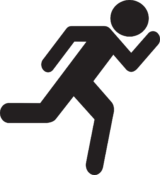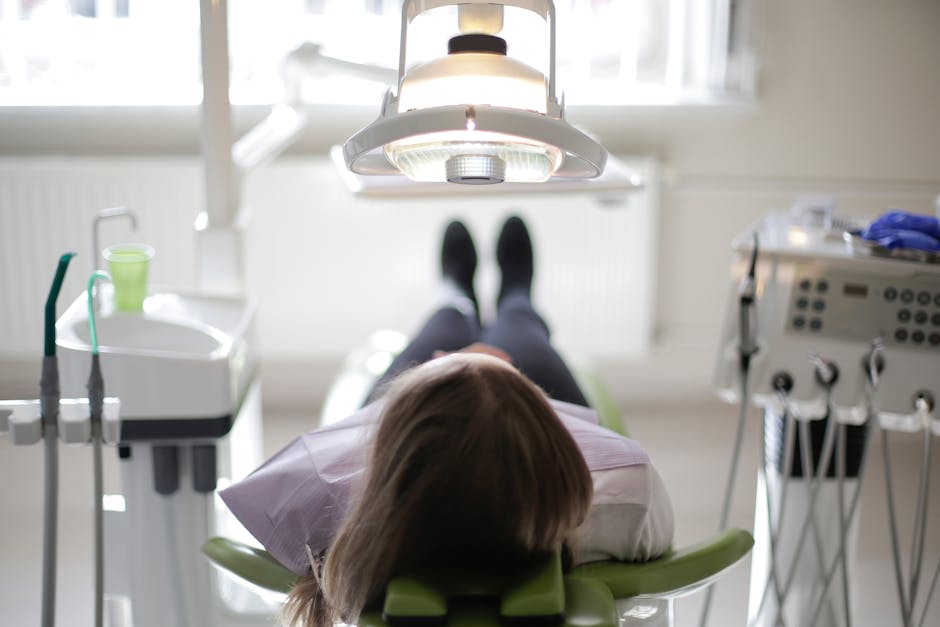What Happens During a Doctor’s Visit for a Head Injury? 🤔
Head injuries can be daunting, and knowing what to expect during a doctor’s visit can help ease some anxiety. Whether it’s a minor bump or something more severe, understanding the process can make the experience less intimidating and ensure you get the right care. Let’s dive into what typically happens during a doctor’s visit for a head injury.
Table of Contents
1. Initial Assessment
2. Review of Medical History
3. Physical Examination
4. Diagnostic Tests
5. Treatment Plan
6. Follow-Up Care
7. Conclusion
8. Frequently Asked Questions
Initial Assessment 🩺
As soon as you step into the doctor’s office, the initial assessment begins. The healthcare provider will first evaluate the urgency of your condition. They’ll ask about the incident that led to the injury, how it happened, and any immediate symptoms you’re experiencing. This helps prioritize care, especially if there’s a risk of severe complications.
Review of Medical History 📋
Understanding your medical history is crucial for a comprehensive evaluation. The doctor will ask about any previous head injuries, existing medical conditions, or medications you’re currently taking. This background information helps them tailor their approach to your specific needs.
Physical Examination 🔍
Next, the doctor will conduct a physical examination to assess your vital signs and neurological function. This might include checking your pupils, reflexes, and coordination. They may also look for any visible signs of trauma, such as bruising or swelling.
Diagnostic Tests 🧠
If needed, the doctor may order diagnostic tests to get a clearer picture of your injury. Common tests include:
CT Scan: A CT scan provides detailed images of the brain and skull, helping identify any internal injuries.
MRI: An MRI offers a more detailed view and is useful for detecting subtle changes in brain tissue.
X-rays: These are usually employed to check for any fractures in the skull.
Treatment Plan 💊
Once the examination and tests are complete, the doctor will discuss a treatment plan with you. This could range from simple rest and pain management to more intensive interventions, depending on the severity of your injury. They’ll provide guidance on what to do and what to avoid during your recovery.
Follow-Up Care 🗓️
Recovery from a head injury often requires ongoing care. The doctor will schedule follow-up visits to monitor your progress and adjust your treatment as needed. It’s essential to keep these appointments and report any new or worsening symptoms promptly.
Conclusion
Visiting a doctor for a head injury might seem overwhelming, but being informed about what to expect can make the process smoother. From the initial assessment to follow-up care, each step is designed to ensure you receive the best possible treatment and support. Remember, timely medical attention can make all the difference in recovery.
Frequently Asked Questions 🤔
1. What should I do immediately after a head injury?
After a head injury, it’s crucial to rest and avoid activities that could worsen the injury. Apply ice to any swelling, and seek medical attention if you experience symptoms like confusion, vomiting, or loss of consciousness.
2. Can a head injury heal on its own?
Minor head injuries often heal with rest and care. However, more severe injuries require medical evaluation to prevent complications. It’s always best to consult a healthcare professional to assess the injury properly.
3. How long does it take to recover from a head injury?
Recovery time varies depending on the injury’s severity. Mild concussions might resolve in a few days, while more serious injuries could take weeks or even months. Follow your doctor’s guidance for a safe recovery.
4. What are the signs of a concussion?
Signs of a concussion include headaches, dizziness, confusion, blurred vision, and difficulty concentrating. If you suspect a concussion, seek medical advice promptly.
5. Is it safe to sleep after a head injury?
While it’s generally safe to sleep after a head injury, it’s advisable to be monitored for a few hours to ensure no symptoms worsen. Always follow your doctor’s instructions regarding rest and sleep.

